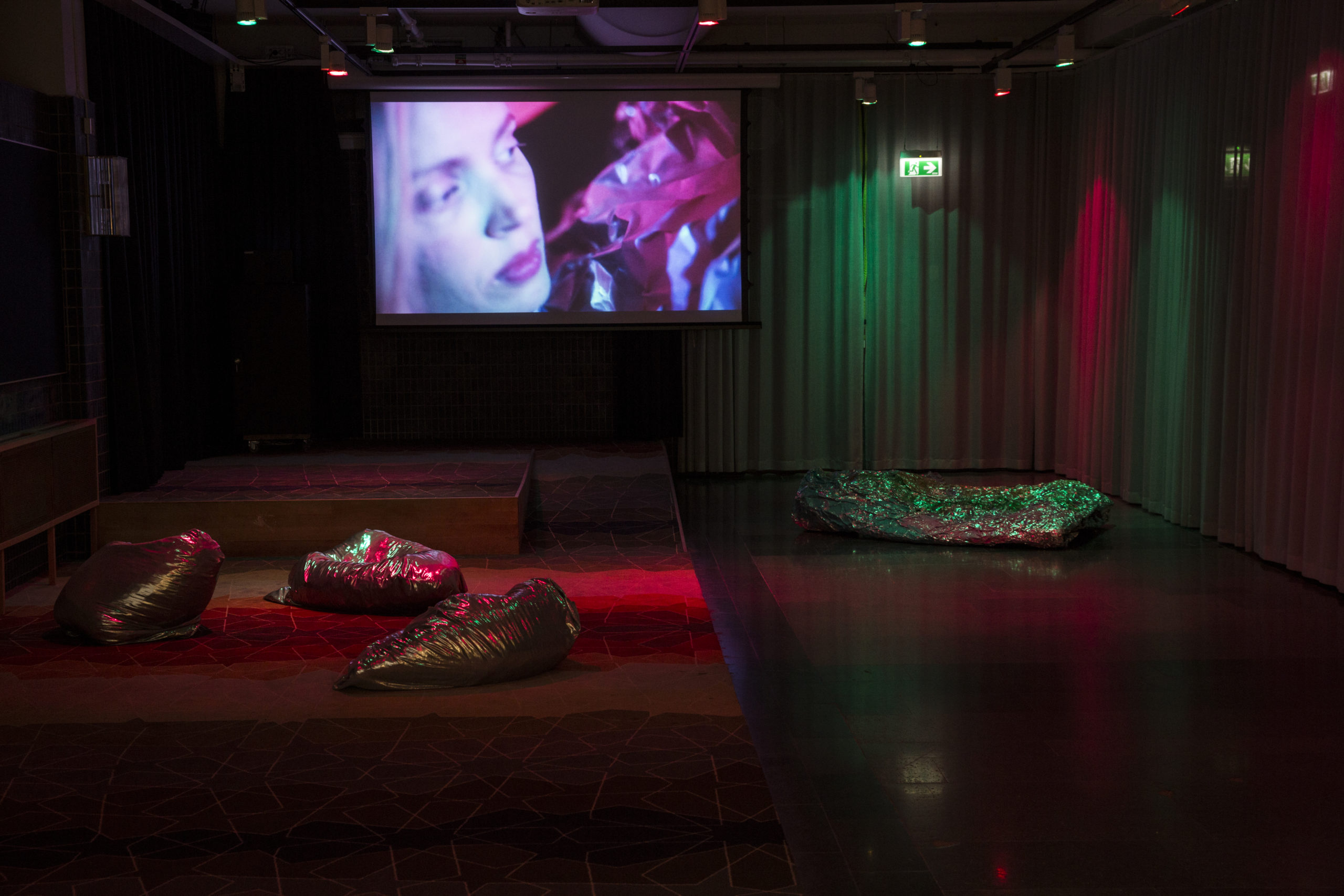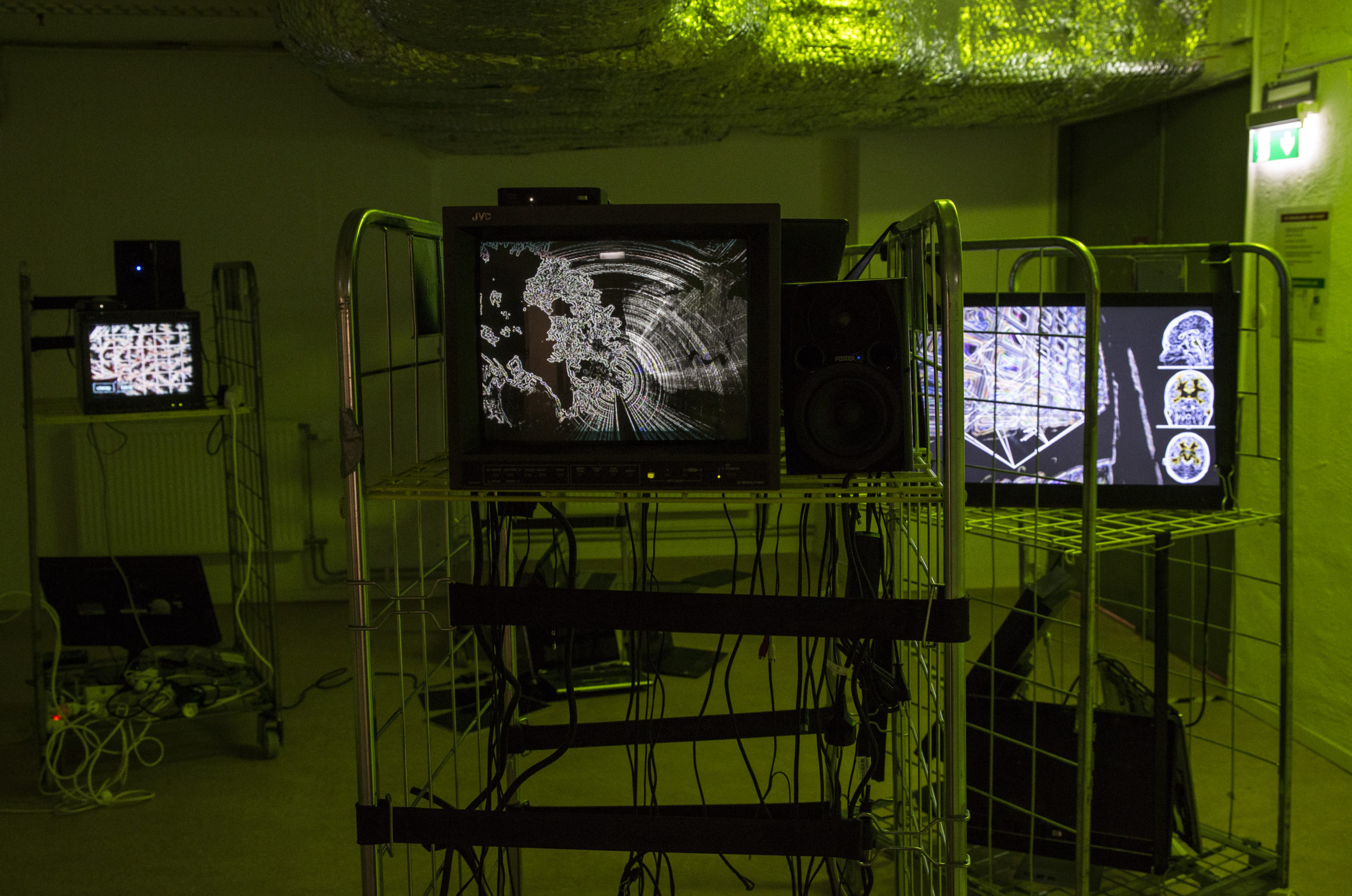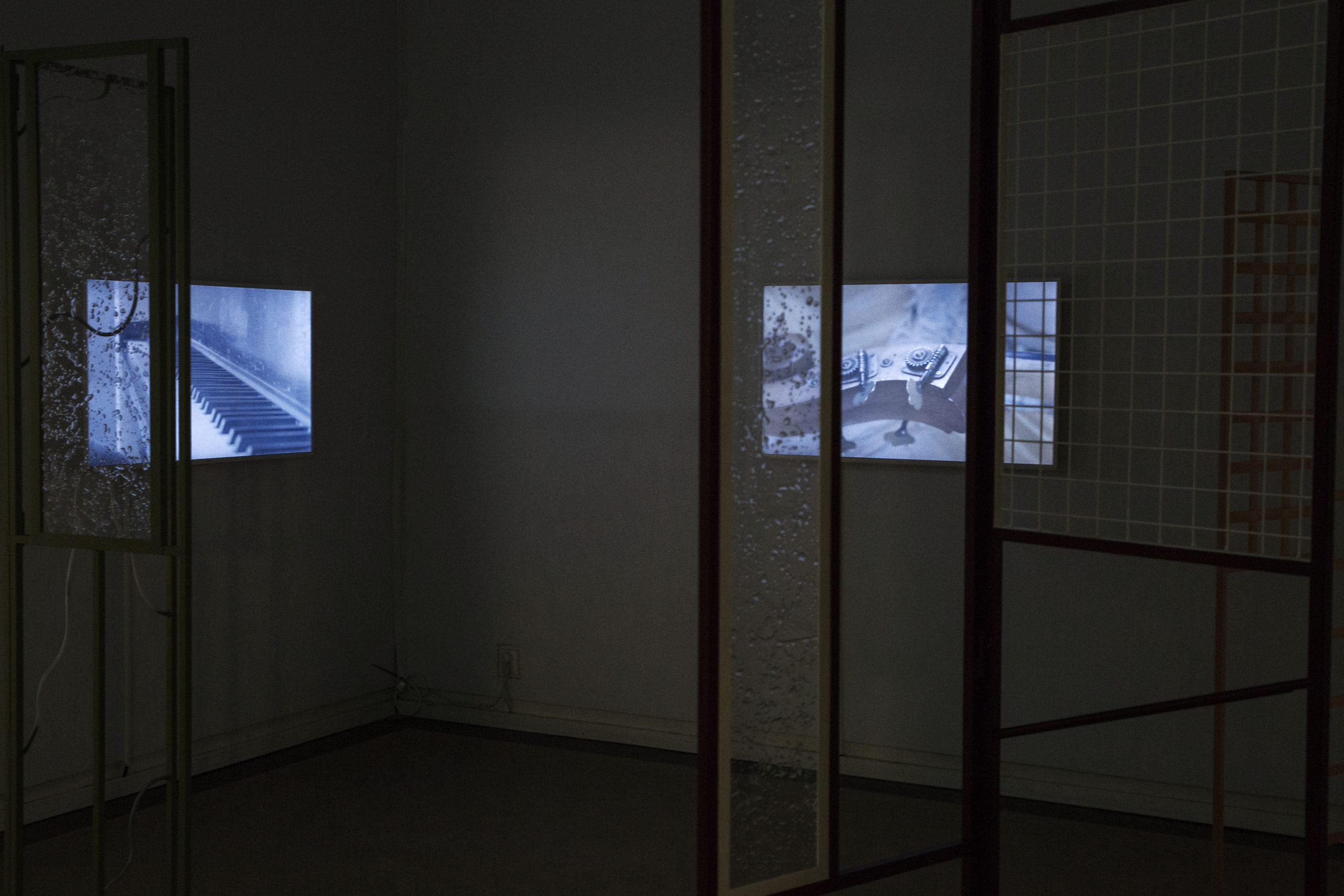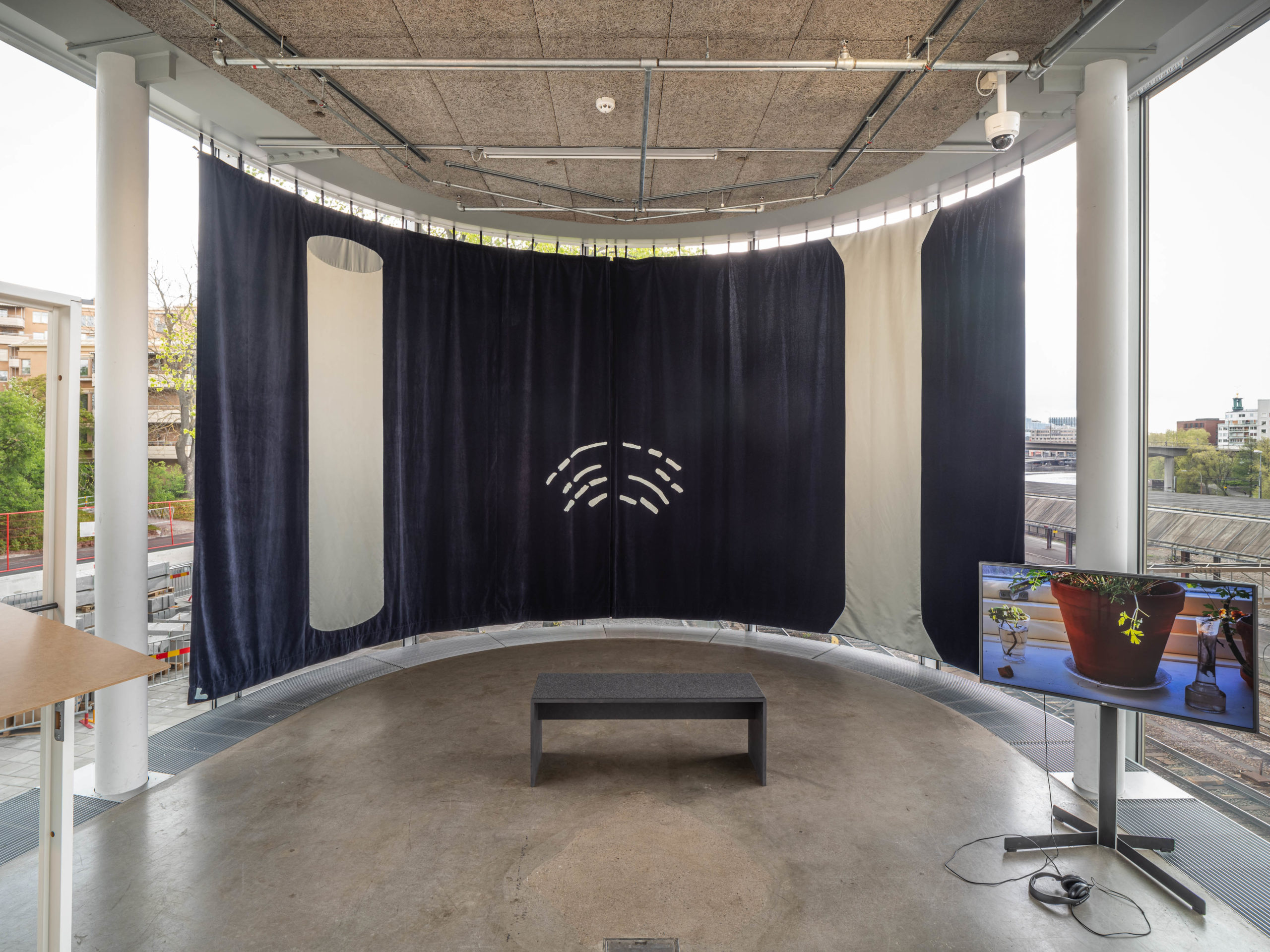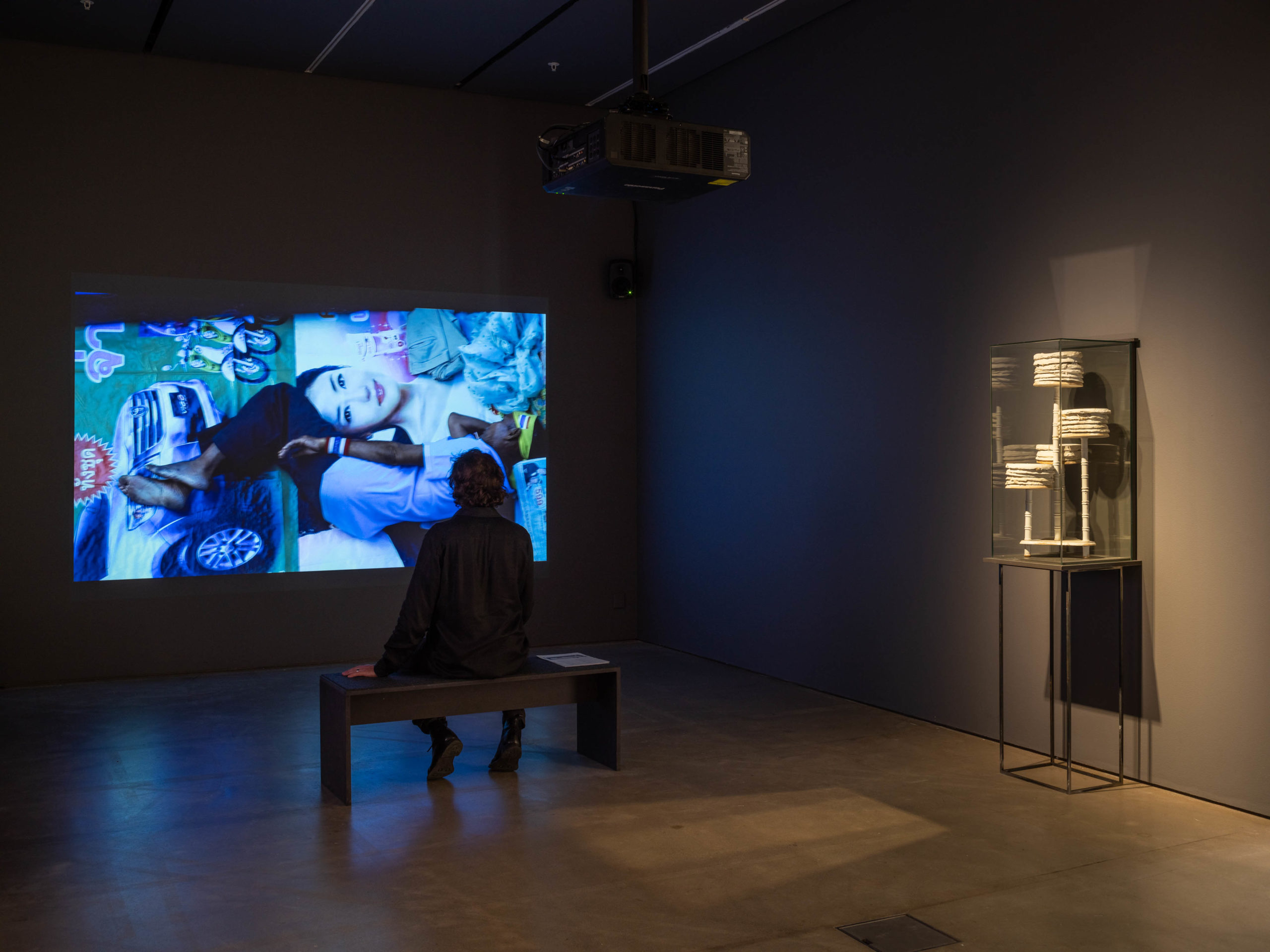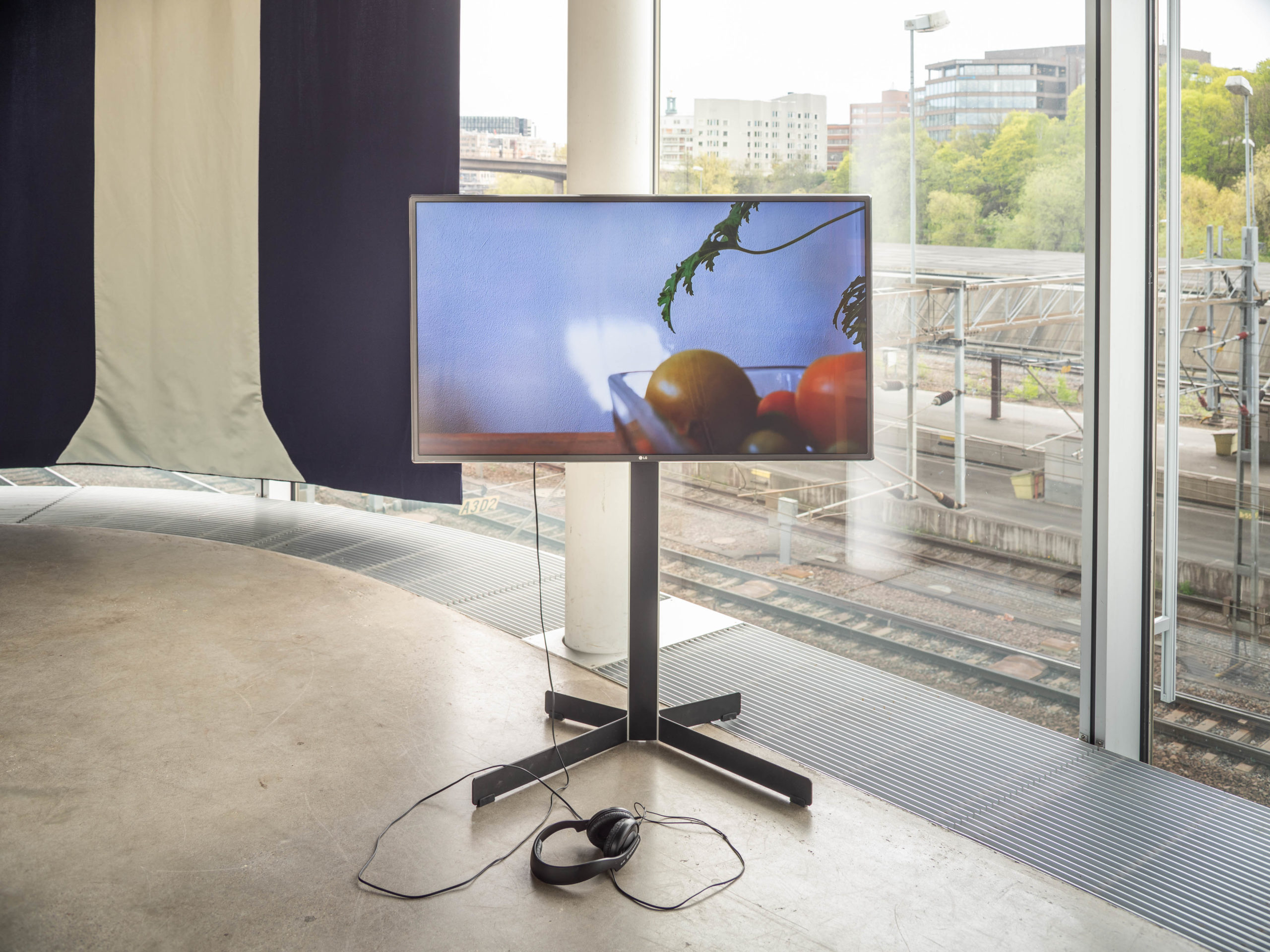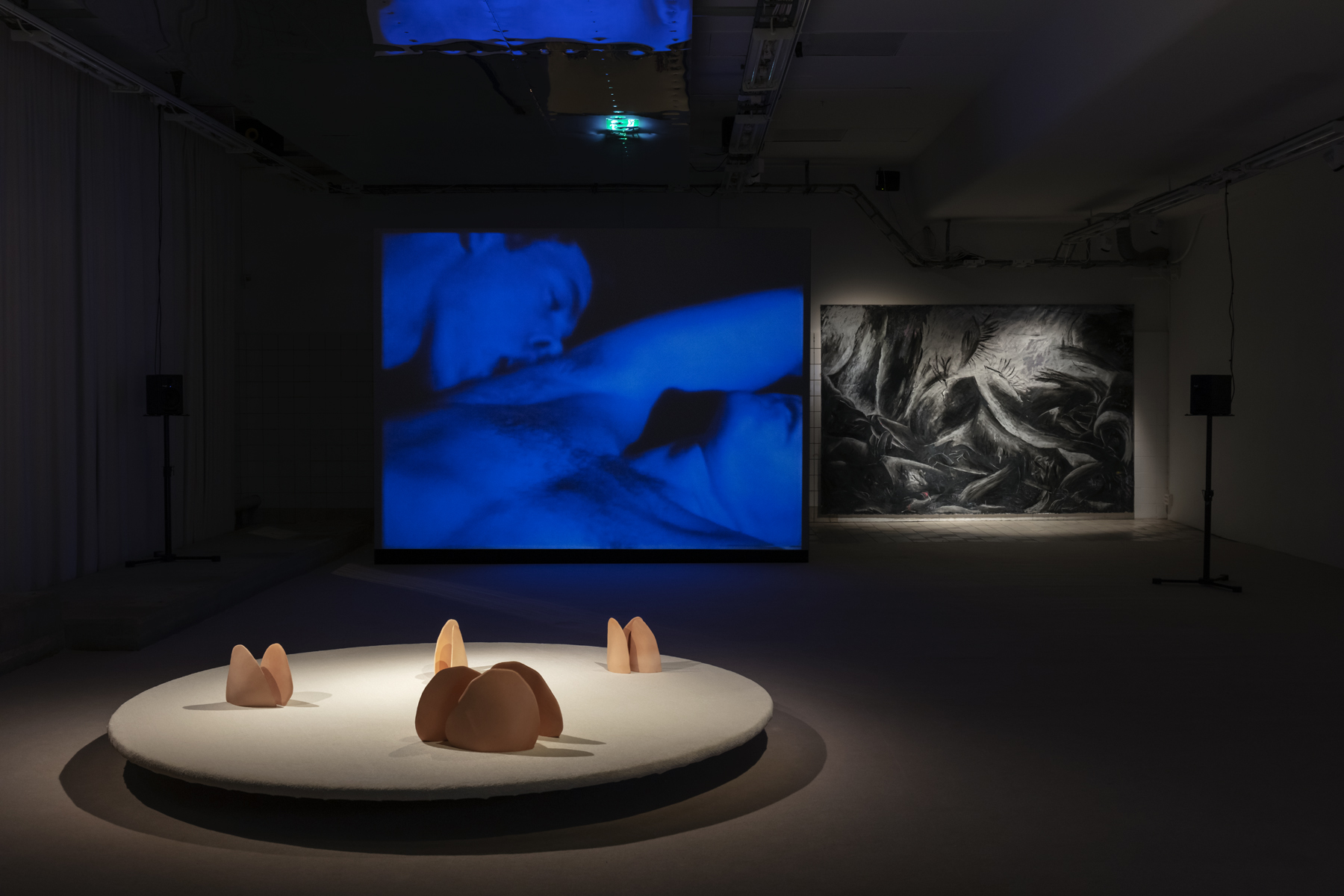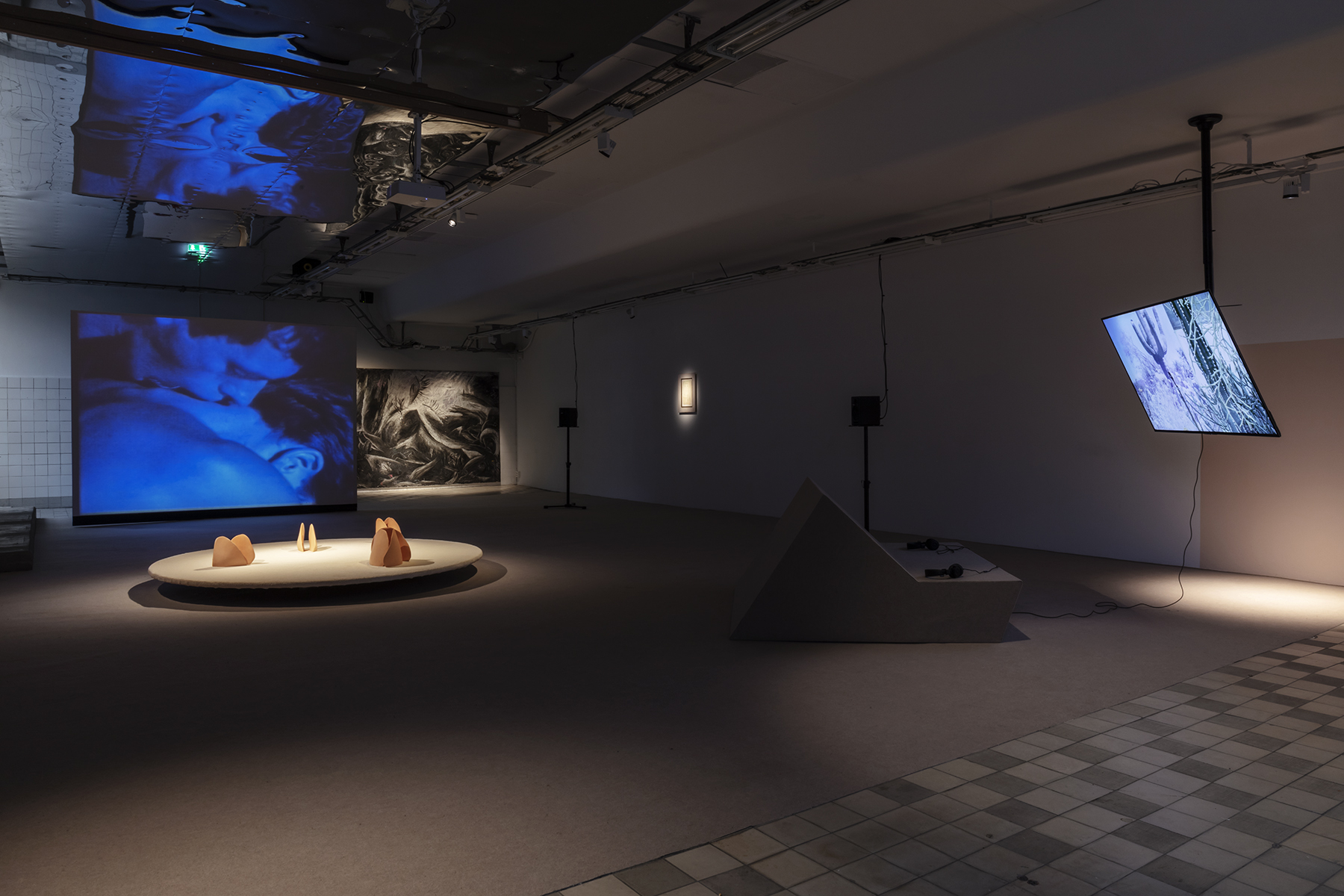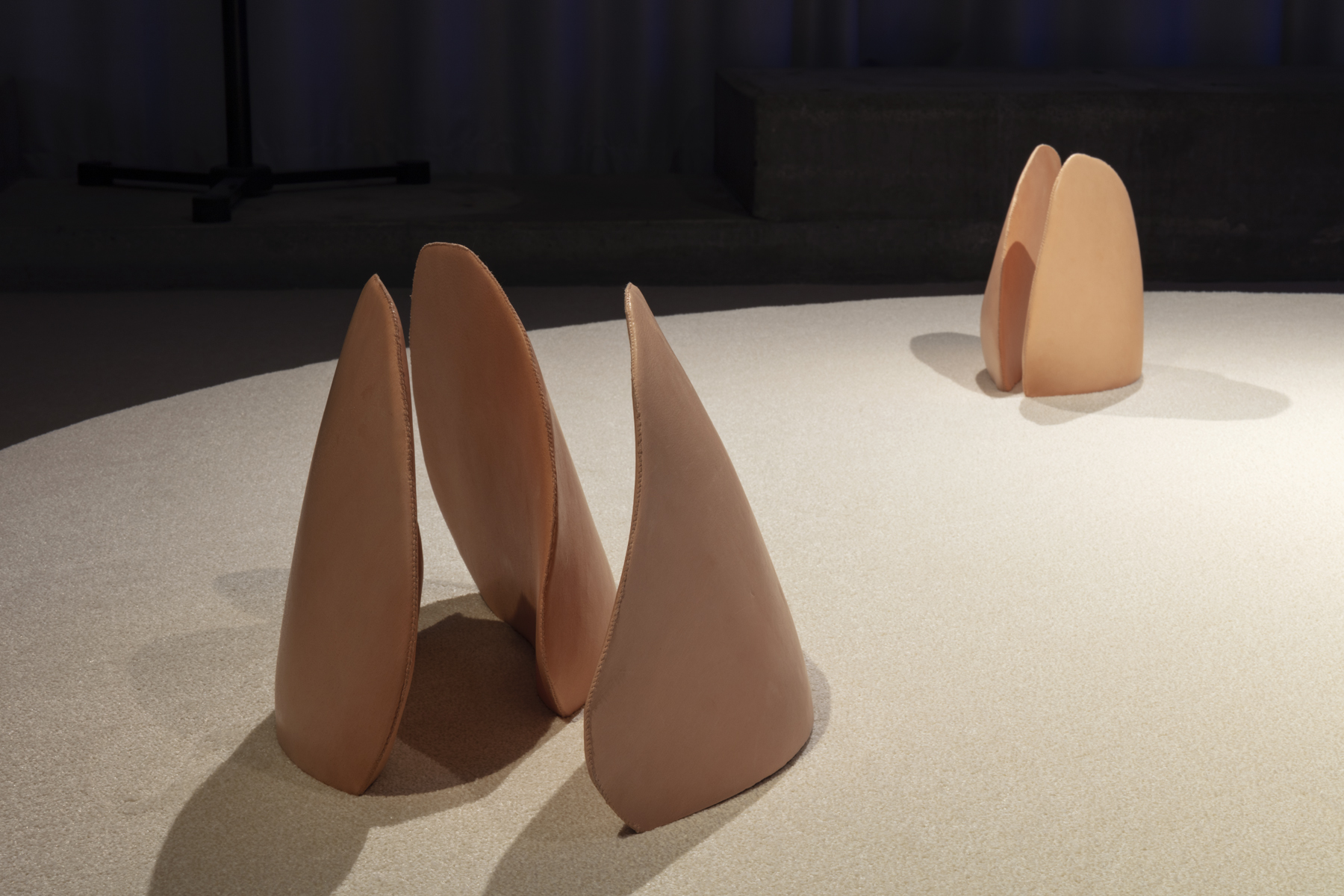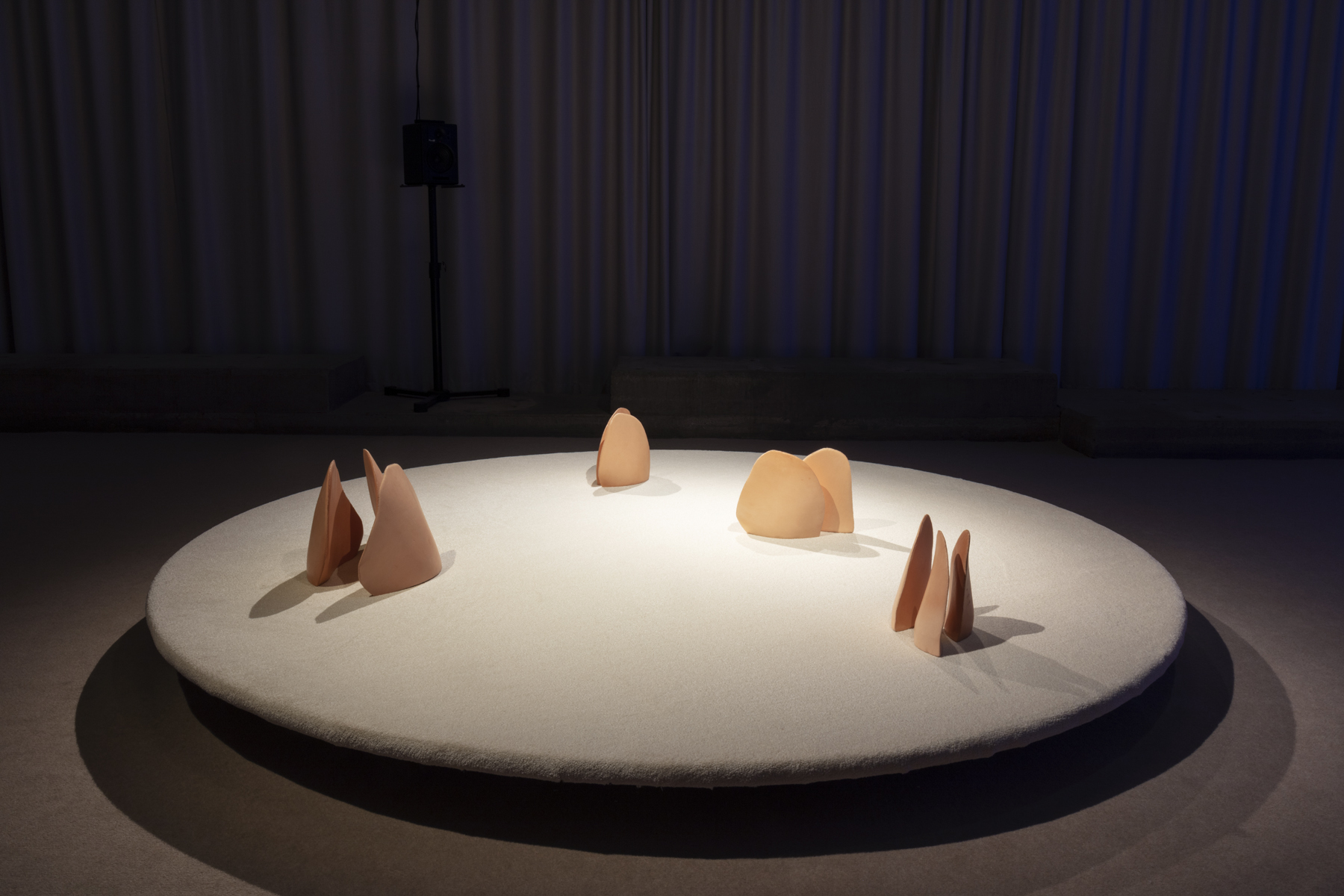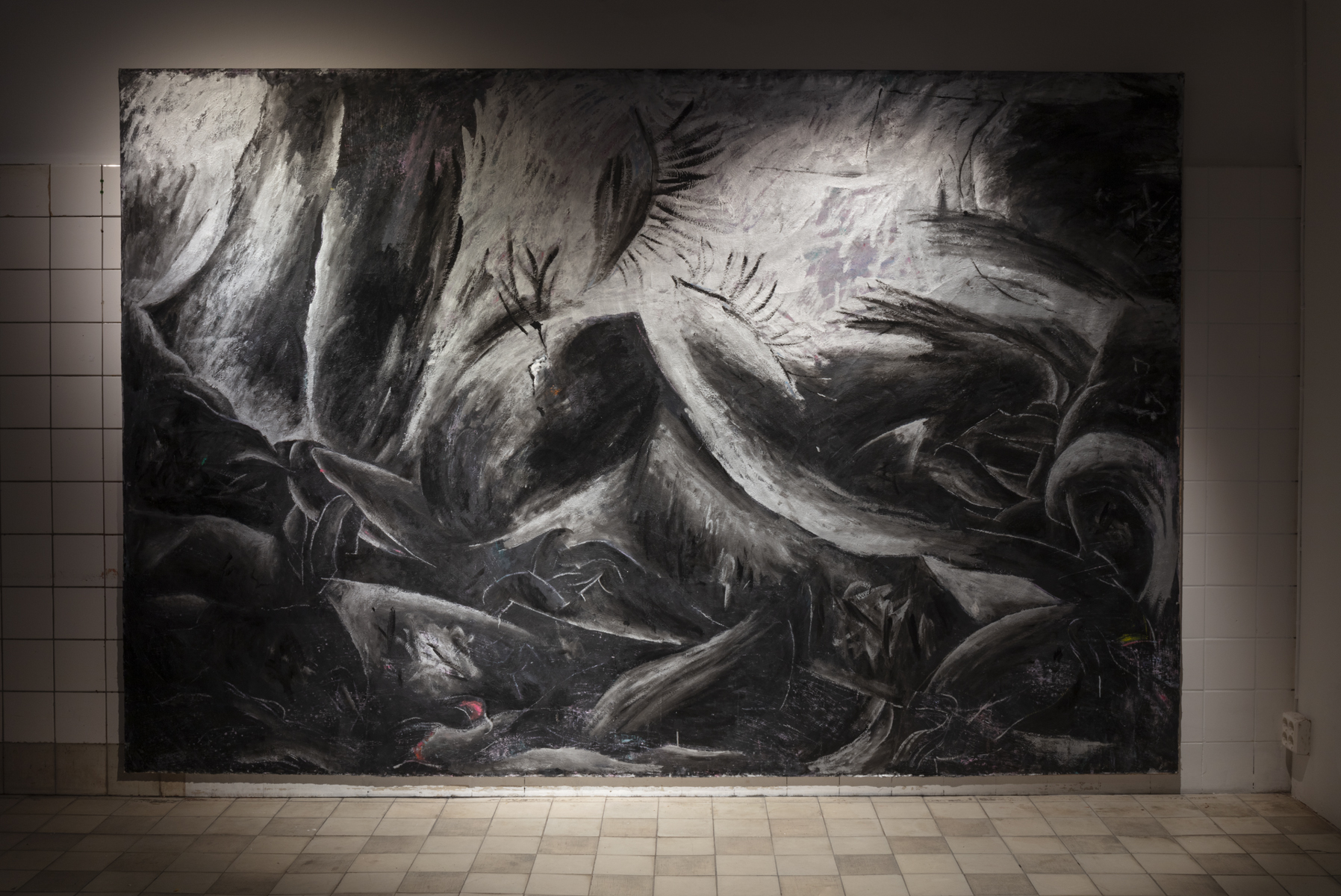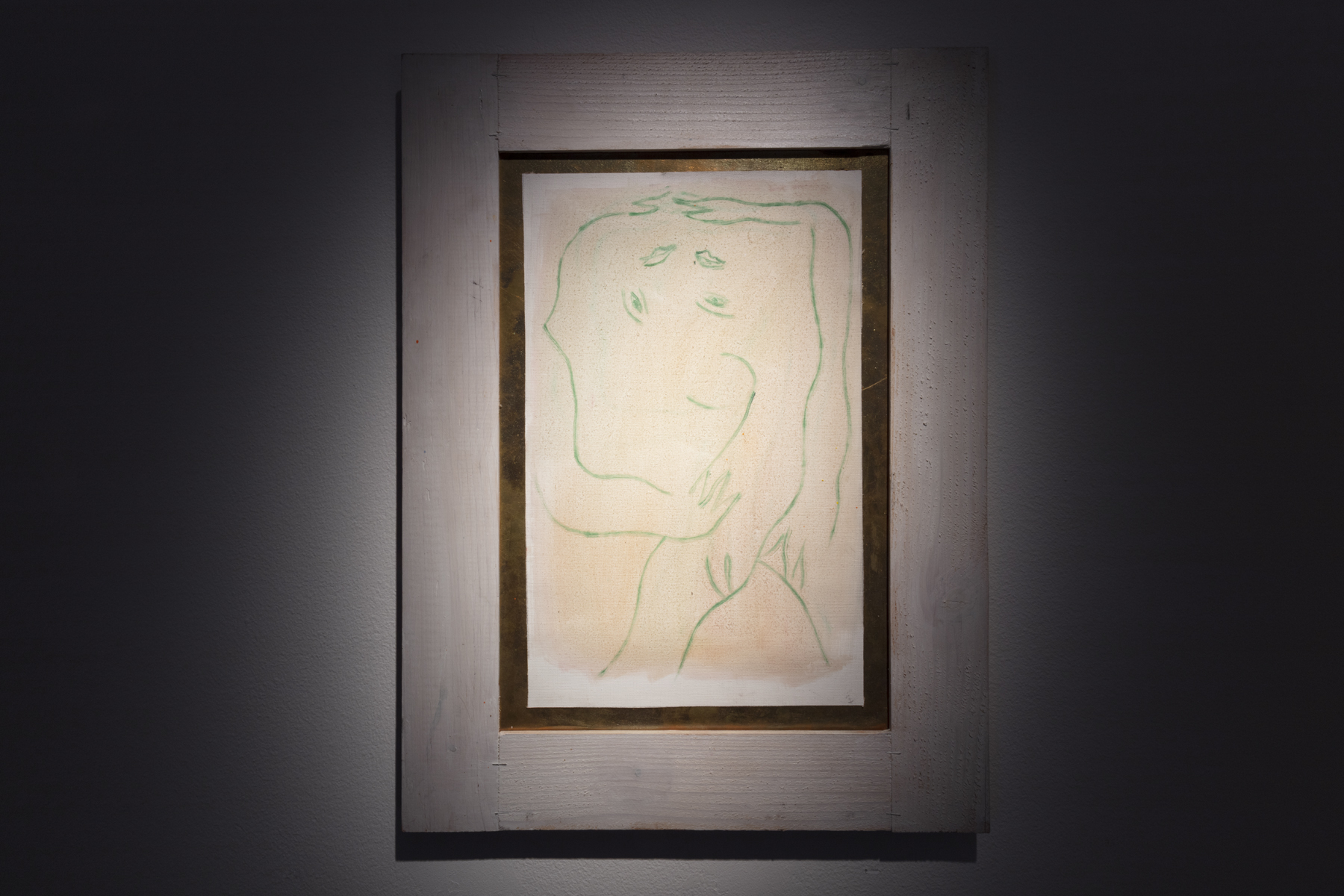Welcome to an evening of lectures and presentations arranged by the independent research group Agentur, on Thursday, September 17, 2020, 5 pm. Please note that the number of seats is very limited! RSVP vital!
History Is Not Over (February 12, 1934)
A report by Agentur, within the framework of the research project The Aesthetics of the Popular Fronts.
On February 12, 1934, tens of thousands of people took to the streets in Paris, to protest against the advances of fascism. A few days earlier, extreme right and royalist organisations had held a large manifestation in the city, which had deteriorated into deadly riots and an improvised coup attempt. The threat was real: European fascism was gathering its forces. At the same time, the opposition was hopelessly fragmented. Liberals, social democrats, and communists were set violently against each other. Would their separate demonstrations collide in new street fights, in evidence of the paralysis of the opposition?
In March of the same year, the author Marc Bernard published his account of the events of those days, The Workers’ Days of February 9 and 12. In this short book – the mythical and mythologizing foundational text of Popular Front literature – Bernard documents what happened then, in careful detail. The demonstrations did not collide, they were united into one. The opposition set their differences aside in favor of a united front against a common enemy. The French Popular Front was created, and its model soon spread to other countries and continents. A chapter was opened in the history of anti-fascist organization.
History Is Not Over (February 12, 1934) takes its cue from Bernard’s text, which is now for the first time published in Swedish translation. It is a text that poses questions to the present: Is it still possible to think unity in resistance as a political and aesthetic principle? Is there still a progressive tradition that we can draw upon, and that stretches back to the moment of the popular fronts? If so, what continuities can we invoke? What discontinuities must we assert? With readings, presentations, artistic contributions, and critical commentaries by Emily Fahlén, Jörgen Gassilewski, Martin Högström, Ingela Johansson, Emma Kihl, Samuel Richter, Kim West, and Ellen Wettmark, we invite to common reflection regarding a central event in the cultural history of anti-fascism.
History Is Not Over (February 12, 1934) initiates a series of reports produced by the independent research group Agentur, within the framework of the research project The Aesthetics of the Popular Fronts. The reports take the form of public events, arranged at different places and institutions in Sweden and abroad during the fall of 2020 and the spring of 2021; videos based on documentation of the events, directed by Agentur, and published on digital platforms; and printed publications, produced in collaboration with a number of Swedish and international publishing houses, platforms, and magazines.
The event History Is Not Over (February 12, 1934) – an evening with readings, presentations, critical commentaries, and discussions – takes place on Thursday September 17, 2020, 5–8 pm, at the art center Mint, located at the Workers’ Education Association (ABF), Sveavägen 41, Stockholm, Sweden. There is a very limited number of open seats for this event. RSVP to info@agentur.ooo (first come first served). Please note that the event will be documented on video. Language: Swedish. Welcome!
The video History Is Not Over (February 12, 1934), based on documentation of the event, as well as on specifically commissioned short films and presentations, will be published on October 15 at m-i-n-t.se and agentur.ooo. Tune in!
The publication History Is Not Over (February 12, 1934) will be published in the fall. The volume will contain Marc Bernard’s book in Swedish translation, together with essays and artworks based on the contributions to the event and the video. A joyful foray into the intellectual landscape of deep anachronism!
Thanks to Fabrique éditions, Stella Magliani-Belkacem, Michele Masucci, Benjamin Thorel, and our collaborating partners.
Coming reports
Must Be Written Later: Titanic October 15 / online November 8 / Chateaux in November.
Culture House Culture House Culture House: Cyklopen October 30 / online November 22 / Stockholmstidningen in December.
To Philosophize With Labor: Biskops Arnö week 47 / Tydningen in January.
For more information, see here.
About Agentur
Agentur is an independent research group for critical cultural production, based in Stockholm. Committed to an ideal of social equality, it seeks to invent new forms, methods, models, and functions for progressive cultural work in a new, postdigital public sphere and an increasingly precarious labor market. Agentur operates as a multidisciplinary critique bureau. It conducts longterm research projects on issues of public interest in a polarized and fragmented present. Among Agentur’s participants there are poets, artists, critics, researchers, designers, and public servants. In 2020–21, Agentur conducts the research project The Aesthetics of the Popular Fronts.
About The Aesthetics of the Popular Fronts
“Popular Fronts” was the common name of the coalitions of liberal, social democrat, and communist parties that were formed in several countries during the 1930s, in order to establish united fronts against the rise of fascism. Artists and authors, filmmakers and journalists, cultural workers and politicians mobilized for the purpose. The research project The Aesthetics of the Popular Fronts is based on detailed studies of artworks they created, texts they wrote, projects they realized. The aim is to draw up a provisional map of a historical, cultural, and social situation, in order then to ask if that history can still be our history. Is there a tradition of anti-fascist unity politics that stretches back to the moment of the Popular Fronts, with which we may still be able to identify? The immediate background to the project is the rise of the new far right in Sweden, Europe, and globally today. It poses the question of how, at what levels, and with what means we can in the most effective way counteract that rise culturally and politically.
The project is supported by Kulturbryggan.
